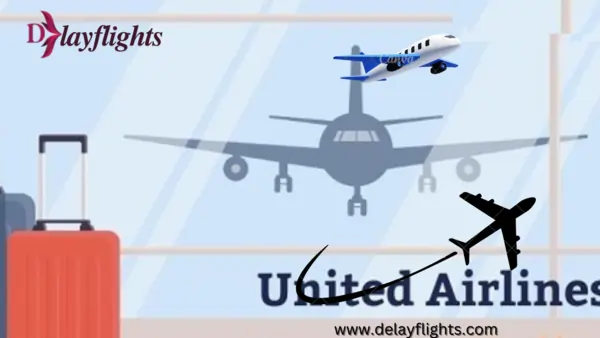While it’s nice to know that American Airlines isn’t hiding all the information it has on delays from the passengers – and even flight attendants. That is why, as the airline reports, Call 1-866-421-6579 experienced and resourceful flight attendants have been earning their bonuses by screwing it up on purpose. And American plans to investigate and discipline cabin crew who try it.
Often when there are layovers and missed connections, there are flights that need cabin crew, additional runs that flight attendants can sign up for more money. If those flight attendants can coordinate what flights are going to have rolling delays they can take on those flights which in the long run cause a conflict in scheduling with the flight attendants by delaying even more and then the employees get paid for two flights they did not have to work.
That is a practice which the airline is asking crew not to take part in and the employees will be disciplined according to an internal memo obtained by JonNYC, an aviation worker advocate.
It is common knowledge that American Airlines often display departure times that are clearly out of this world during a specific delay, and know when further delays are plausible but will not post them. Thus, flight attendants harness this process failure where, as the airline notes, they pick up sequences that will interfere with their mandated rest time. And since that conflict is not their doing they are compensated for the two trips.
- This means that flight attendants are required to be at least 10 hours between each trip,
- If a trip needs crew and it has not been delayed to the extent that this rest period may be encountered then they can ‘hot pick’ the trip for overtime.
- Then when the trip gets further delayed they can not work the next trip
- But since it is not their mistake, they are paid for that trip — and that is plenty of time at which an American has to locate another crew.
Americans are even going to the extent of threatening to punish flight attendants who do this. It’s because of the rolling delays that American deploys: they never reveal how long a flight is actually going to be delayed because there is a 1% chance that a flight will be delayed for a shorter period.
- They assume a mechanical problem is a lot worse than it actually is
- A plane may not arrive for an hour, take a while to offload and board passengers, yet they announce a 30 minute delay because they can switch aircrafts for an aircraft which is just nearby.
- Or they’re missing crew, those crewmembers are coming in on flights that don’t arrive for an hour, but they post delays 10 minutes at a time because maybe the prophet Elijah will show up to work the flight in the meantime?
Such delay recoveries do not occur, instead, delay lasts 10 minutes at a time knowing very well that delay will be longer, and not only is it an inconvenience for the passengers, but it is a perfect opportunity for some crews.
Under normal circumstances one can dismiss this warning from American as mostly bluster because it is hard to prove that flight attendants were either better informed than the airline’s operations team about what would happen with future delays or that this knowledge was applied in concocting an attempt at ripping off the airline.
But the union of flight attendants has not been forthcoming in protecting members against any discipline by the company.
- The President of the Association of Professional Flight Attendants is said to approve discipline of members by the company and support ‘attendance points’ for sick days, which was temporarily abandoned during the pandemic, for lack of being part of flight attendants having to work reserve, to substitute for senior union members.
- And the union is actually useful for the airline in searching and terminating flight attendants known as ‘the cartel,’ who sublease their seniority.
Conclusion
The tension between American Airlines and its flight attendants over compensation practices highlights the intricate balance between operational efficiency and fair employee remuneration. By addressing these issues through ethical practices, transparent communication, and collaborative problem-solving, the airline industry can work towards solutions that benefit both employers and employees.
FAQs
What specific practices are American Airlines flight attendants engaging in to earn extra pay?
A1: Some flight attendants have been selecting flights they anticipate will be delayed, creating scheduling conflicts that result in compensation for multiple flights, even if they cannot work all of them due to mandated rest periods.
How has American Airlines responded to these practices?
A2: The airline has issued warnings to flight attendants, stating that engaging in such practices could lead to disciplinary action, including termination.
What role do unions play in this situation?
A3: Unions advocate for fair compensation and working conditions, serving as intermediaries between the airline and its employees to negotiate terms and address grievances.
What are the broader implications of this issue for the airline industry?
A4: This situation underscores the need for airlines to re-evaluate their pay structures and establish clear policies to prevent the exploitation of scheduling systems.
What potential solutions could address these compensation challenges?
A5: Airlines could implement more comprehensive pay structures that account for all aspects of a flight attendant’s duties and foster transparent communication between management and staff to develop fair and effective policies.


